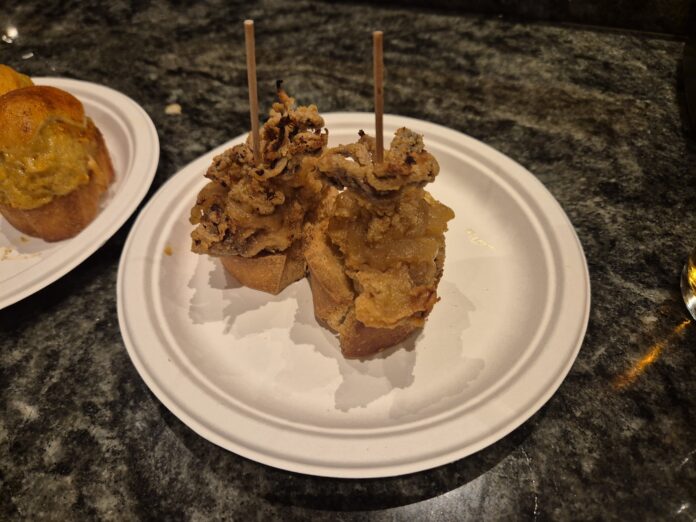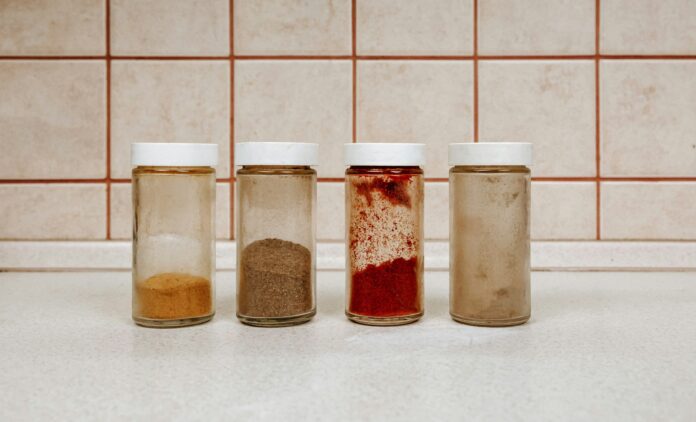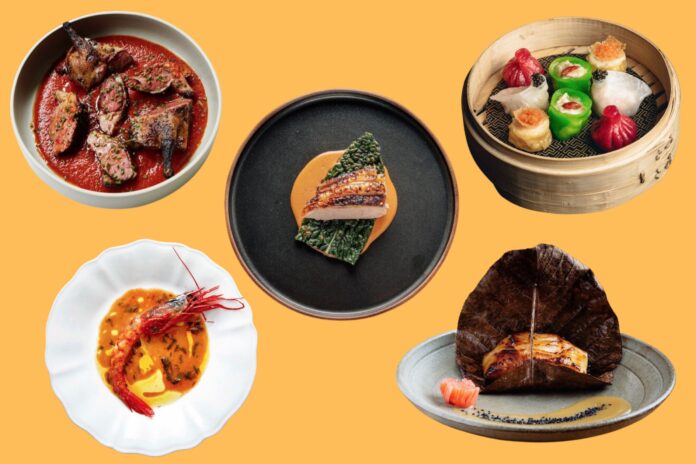That jar of ground coriander that’s been lurking in your cupboard since 2019 – is it still good? And why does your curry never taste quite as vibrant as the takeaway version? If you’ve ever wondered about the mysteries of your spice rack, you’re not alone. Here are the answers to your most pressing spice questions.
Do Spices Actually Expire?
The short answer: no, they won’t make you ill, but they will lose their potency.
Whole spices are the champions of longevity, keeping their flavour for 3-4 years when stored properly. Ground spices, however, are more delicate souls – they’ll give you their best performance within 6 months to a year of opening. After that, they’re like a band playing with the volume turned down – still there, just not hitting the high notes.
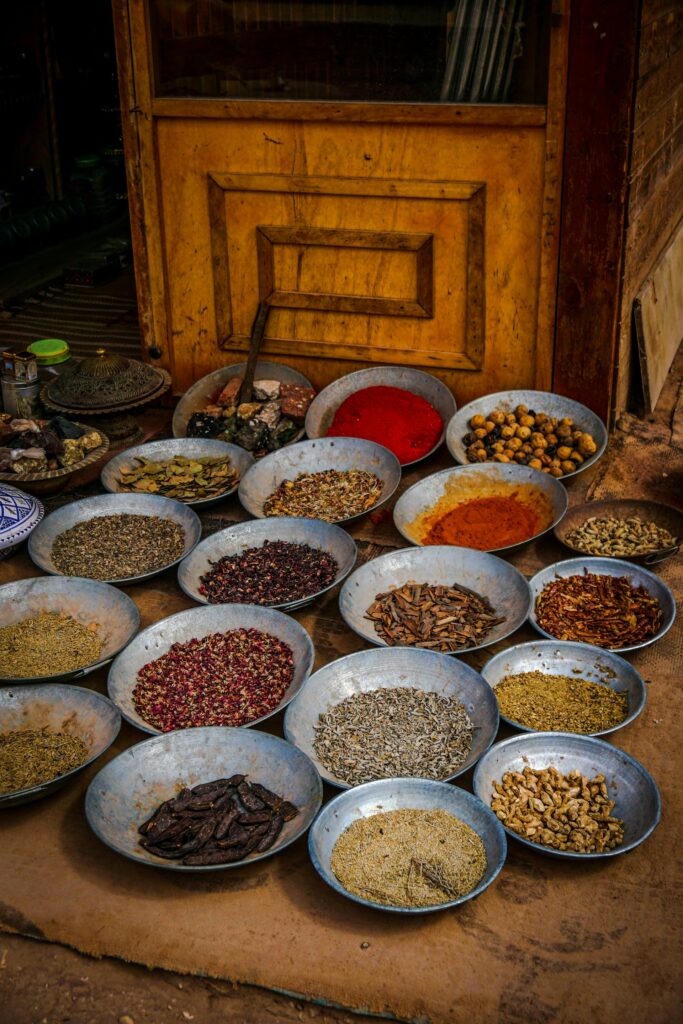
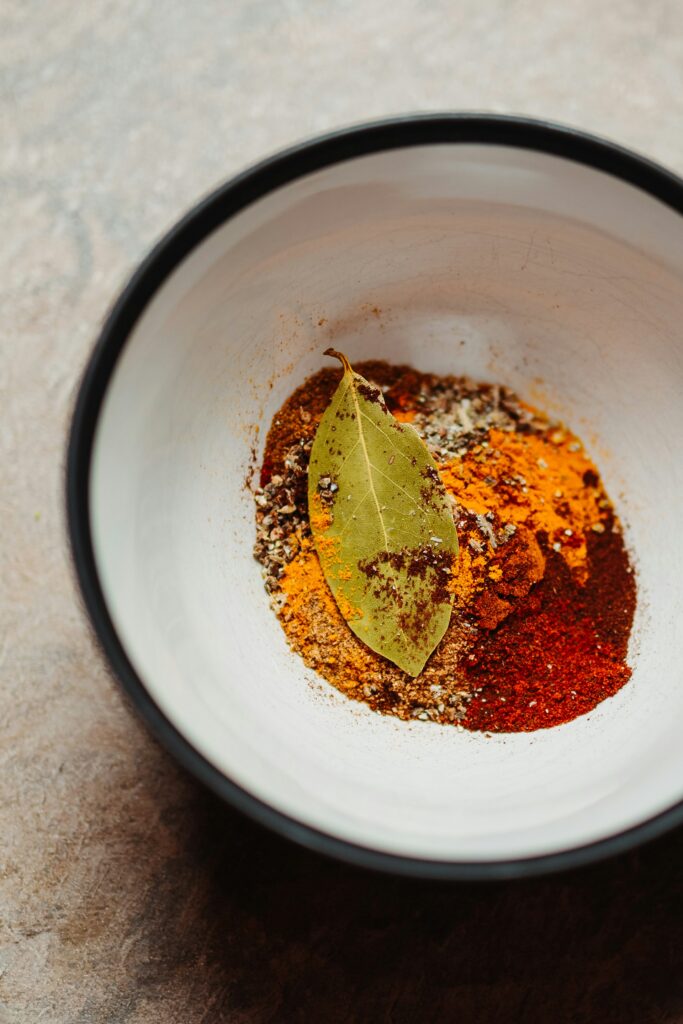
How Should I Store My Spices?
Think of spices as vampires – they hate light, heat, and moisture. Keep them in airtight containers away from direct sunlight and your hob. That decorative spice rack above the cooker might look lovely, but it’s essentially a retirement home for your seasonings.
Why Are Whole Spices Better Than Ground?
It’s like comparing freshly ground coffee to instant. Whole spices retain their aromatic oils (where all the flavour lives) until the moment you grind them. Once crushed, these oils begin to evaporate. That’s why professional chefs often toast and grind their spices just before cooking.
Help! How Can I Tell If My Spices Are Past It?
Try this three-step test:
- LOOK: Has the colour faded? Vibrant paprika turning beige is a bad sign
- SMELL: Give it a sniff – if it doesn’t make your nose tingle, it won’t wake up your food
- TASTE: Sprinkle a little on your tongue. No tingle? Time to replace
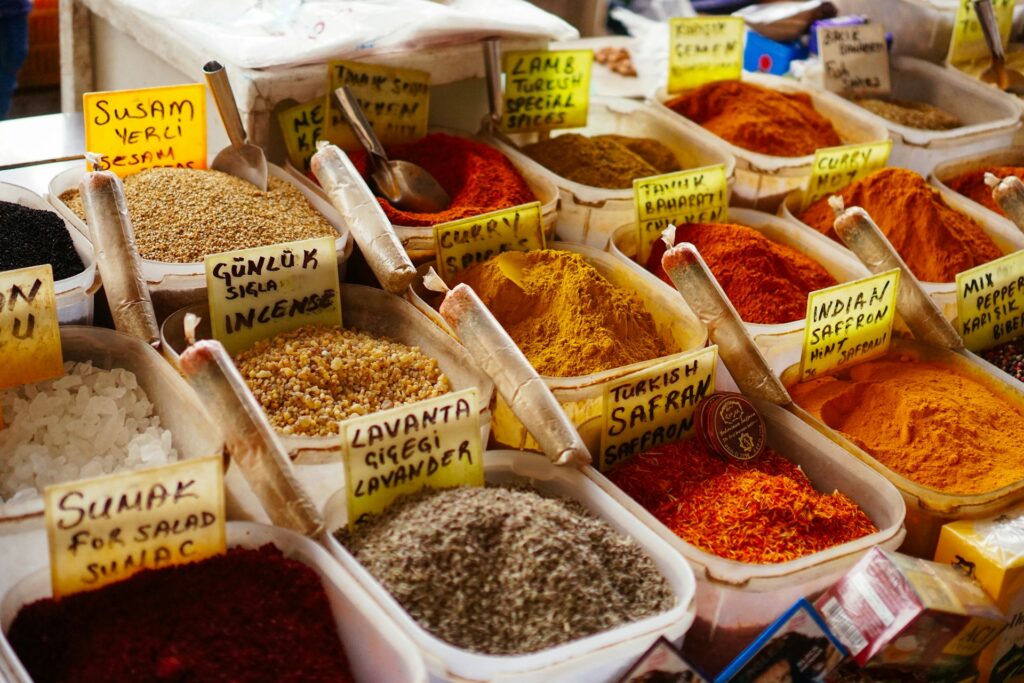
What’s The Deal With ‘Blooming’ Spices?
Blooming (cooking spices in oil at the start of cooking) isn’t just cheffy showing off – it’s science. Many flavour compounds in spices are fat-soluble, meaning they need oil to release their full potential. It’s the difference between a curry that tastes like it came from a jar and one that tastes like it came from a proper Indian kitchen.
What’s The Most Useful Spice To Keep In My Cupboard?
Cumin is the dark horse of the spice world. It’s essential in Mexican, Indian, Middle Eastern and North African cooking, works with meat and vegetables alike, and has a lovely earthy warmth that adds instant depth to any dish.
Why Are My Spices Clumping Together?
If your spices are forming little clumps, moisture has crashed the party. This is particularly common with salt-heavy spice blends. Once this happens, unfortunately, the flavour will never be quite the same. Store them with a few grains of raw rice to absorb excess moisture, and always use a dry spoon to measure them out.
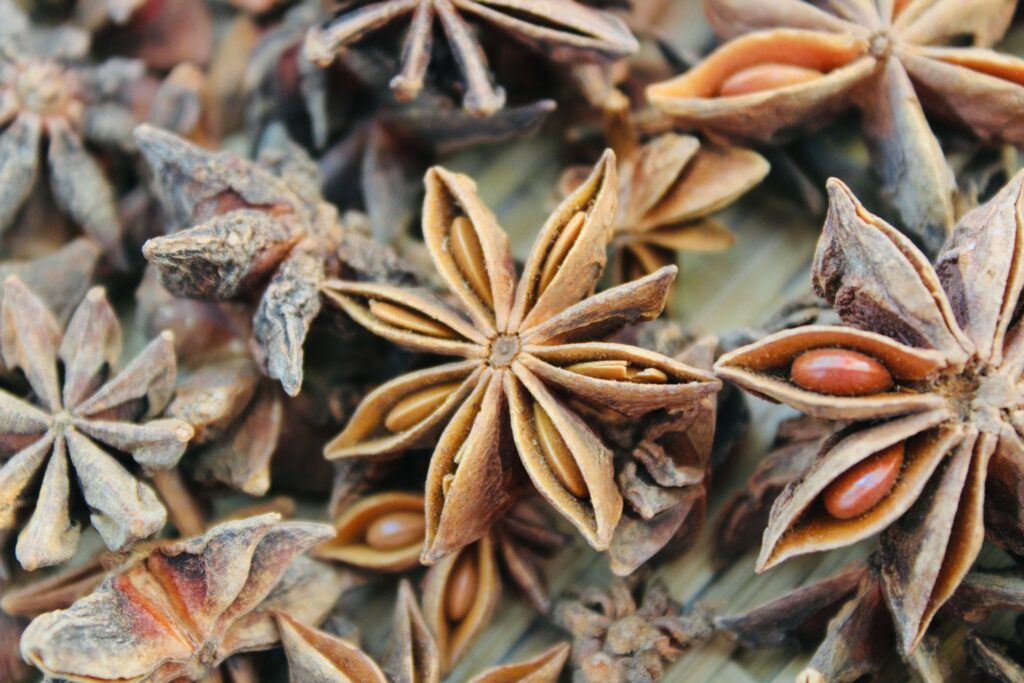
Should I Buy Organic Spices?
The organic versus conventional spice debate is interesting. While organic spices might be grown without synthetic pesticides, what you’re really after is freshness and quality. A fresh conventional spice will always trump an old organic one. The key is finding a supplier with high turnover – whether organic or not – to ensure you’re getting the freshest product possible.
Why Do Recipes Always Say To Toast Whole Spices?
Toasting whole spices is like giving them a wake-up call. The heat releases essential oils and creates new flavour compounds through something called the Maillard reaction (the same thing that makes toast taste toasty or seared steak so damn delicious). Just 30-60 seconds in a dry pan can transform your spices from wallflowers to the life of the party – just keep a close eye on them, as they can burn quickly.
10 Smart Ways To Make Your Spices Last
- Buy little and often rather than bulk-buying ground spices
- Invest in a spice grinder for whole spices (or use a coffee grinder dedicated to spices)
- Label your spices with purchase dates
- Store in dark glass or metal containers rather than plastic
- Shop at international supermarkets or an online spices supplier for better value and fresher stock
- Never shake spices directly over a steaming pot – the moisture will get into your jar
- Toast whole spices before grinding for maximum flavour impact
- Create your own spice blends in small batches – they’ll be fresher and you can customise to taste
- Keep a separate set of measuring spoons for spices to avoid cross-contamination
- Consider freezing rarely-used whole spices to extend their life
Remember, spices are the backbone of good cooking, but they’re not immortal. Treat them well, and they’ll reward you with food that sings rather than mumbles.


